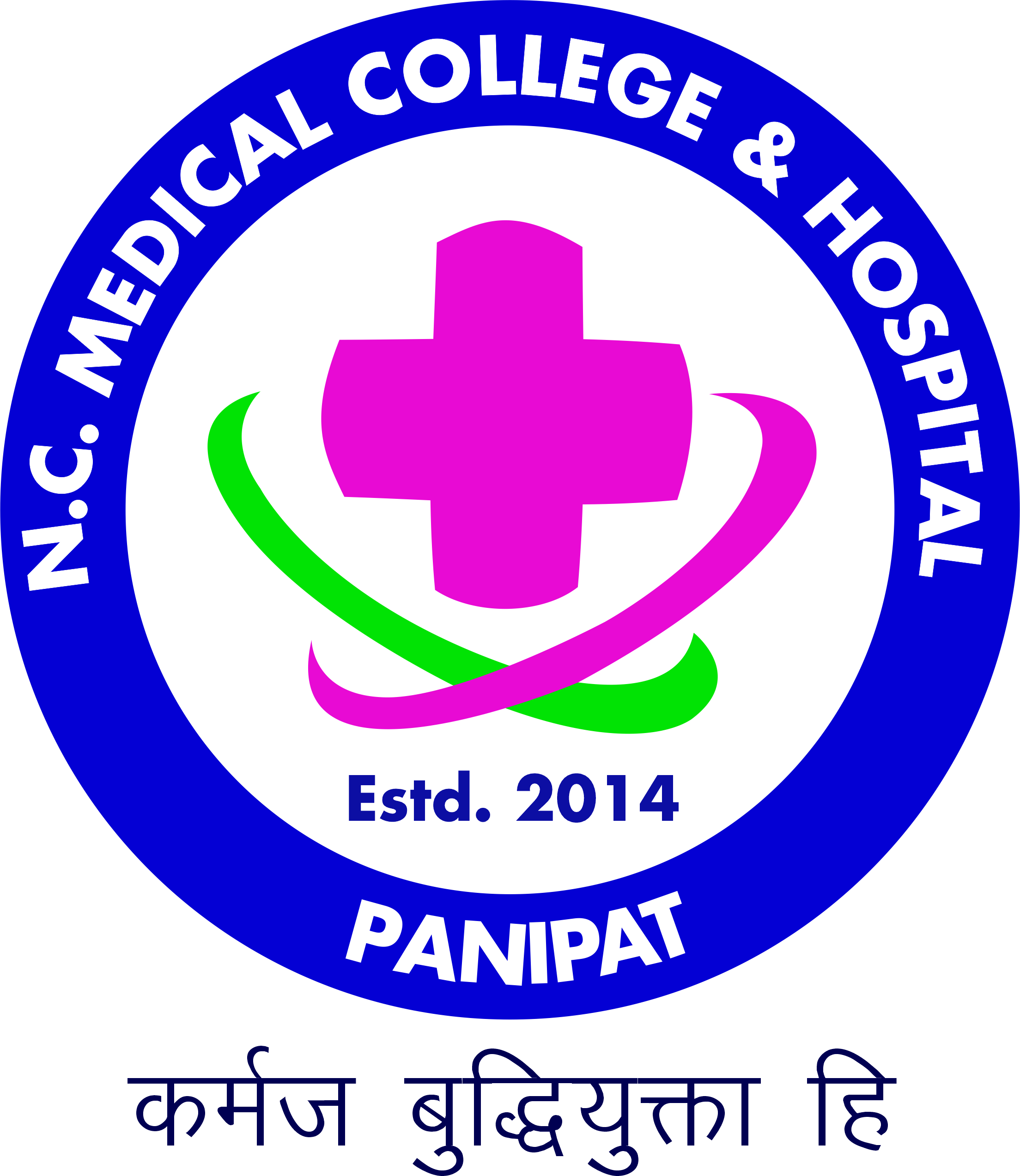Introduction to MBBS
The MBBS (Bachelor of Medicine, Bachelor of Surgery) degree is a foundational qualification for medical practitioners. This guide provides an in-depth look at the essential aspects of this degree, including its structure, curriculum, clinical training, and career prospects.
Duration and Eligibility
MBBS programs typically span five to six years and require a strong foundation in science subjects. Eligibility is determined by high school performance and competitive entrance exams.
Curriculum
The MBBS curriculum encompasses diverse subjects, such as anatomy, physiology, pharmacology, surgery, and pediatrics, preparing students for the multifaceted world of medicine.
Clinical Training
Clinical rotations or clerkships are integral to MBBS programs, providing hands-on experience in various specialties and refining practical skills.
Internship
A mandatory internship follows academic coursework, enabling students to gain real-world experience in hospitals.
Licensing and Certification
Graduates must pass licensing exams to become licensed medical practitioners, ensuring a high standard of competence.
Residency and Specialization
Many MBBS graduates pursue specialization through residency programs, further honing their skills in specific medical fields.
Continuing Medical Education (CME)
Ongoing education is essential for staying updated with medical advancements, involving participation in conferences, workshops, and courses.
Career Opportunities
MBBS graduates can work as general practitioners, surgeons, specialists, or consultants across various healthcare settings.
Understanding the MBBS Degree and Its Core Subjects
The MBBS (Bachelor of Medicine, Bachelor of Surgery) degree is the foundational qualification for aspiring medical professionals. This overview delves into the degree’s structure and highlights the key subjects students encounter during their studies.
MBBS Curriculum: The MBBS curriculum is diverse and comprehensive, providing a strong foundation in medical sciences and clinical skills. It includes subjects such as anatomy, physiology, biochemistry, pharmacology, pathology, microbiology, surgery, and medicine.
Anatomy: Anatomy focuses on the study of the human body’s structure, including organs, tissues, and systems, to understand their functions and relationships.
Physiology: Physiology explores the functioning of the body’s various systems, emphasizing how they maintain homeostasis and respond to different conditions.
Biochemistry: Biochemistry examines the chemical processes within living organisms, emphasizing the role of molecules like proteins, enzymes, and DNA.
Pharmacology: Pharmacology covers the study of drugs, their effects on the body, and their applications in medical treatment.
Pathology: Pathology focuses on the study of disease processes, including their causes, mechanisms, and effects on the body.
Microbiology: Microbiology explores microorganisms, including bacteria, viruses, and fungi, and their roles in infectious diseases and health.
Surgery: Surgery introduces students to surgical techniques, procedures, and principles, preparing them for clinical practice.
Medicine: Medicine emphasizes the diagnosis, treatment, and management of medical conditions and diseases through non-surgical means.
Clinical Training: Clinical training is a vital component of the MBBS degree, allowing students to apply their knowledge in real-world healthcare settings through rotations in various specialties.
The MBBS degree offers a well-rounded education in medical sciences, preparing students for careers in healthcare. The subjects covered in this program provide a strong foundation for understanding the human body and its diseases, complemented by essential clinical training experiences.
Conclusion:
The MBBS degree offers a well-rounded education in medical sciences, preparing students for careers in healthcare. The subjects covered in this program provide a strong foundation for understanding the human body and its diseases, complemented by essential clinical training experiences.
| Degree/Diploma | Subject | Total No. of Seats |
| Undergraduate | MBBS | 200 |
- Courses
Admission Enquiry Form
- Contact us
- ncmedicalcollege.panipat@gmail.com
- Admission Helpline: 0180-2579061
- Phone: 0180-2579081, 0180-2579061
- Ext: 280,281
- Fax: 0180-2579081
- N.C. Medical College & Hospital, Panipat-Rohtak Road, VPO Israna, Panipat-132107 Haryana (India)
Brochures
View our Medical prospectus of
brochure for an easy to read guide on
all of the services offer.
